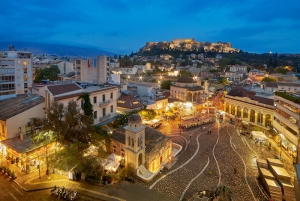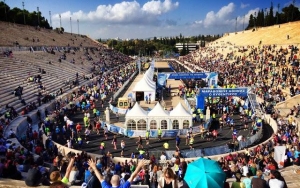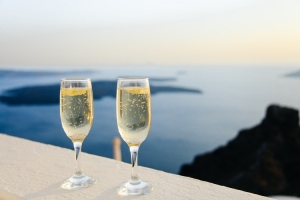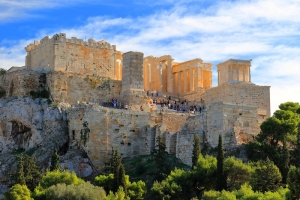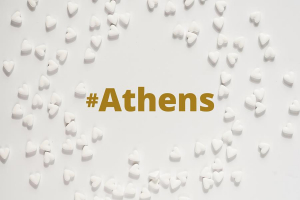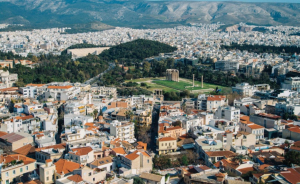BUSINESS CENTRE
XpatAthens
Where Athens' Neighborhoods Got Their Names From
Over 50,000 Runners At 2017 Athens Authentic Marathon
Greek Wines Gain International Recognition
Free Admission To Museums In Greece On International Museum Day - May 18, 2018
Applications To Receive Aid For Fire Damage Are Open
Government spokesperson Dimitris Tzanakopoulos also announced in addition to this aid, a complete set of measures for fire victims, including support for unemployed and pensioners, measures to compensate and support the families of victims, suspension of foreclosure auctions, reparation of material damages, and measures of direct tax and contribution relief.
Please visit Greek News Agenda to see the full list of fire relief measures.
Our Favorite Kid-Friendly Activities in Athens
Here are some of our favorite children’s activities in and around the center of Athens:
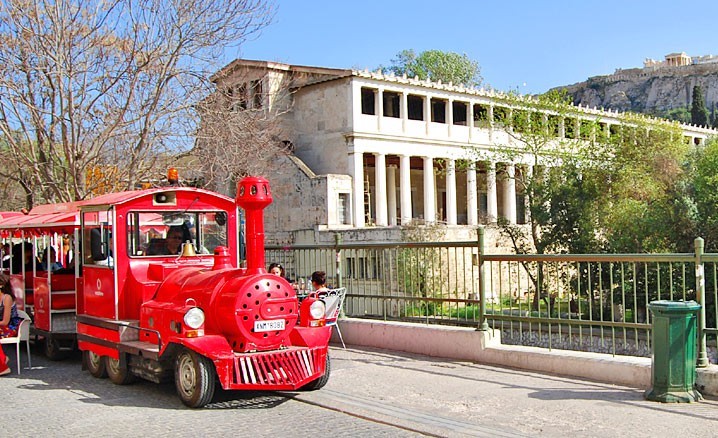
Courtesy: athenshappytrain.com
To enjoy a great sightseeing tour of the historical center of Athens, all you need to do is hop aboard the Athens Happy Train. This toy-like street train starts from Syntagma Square and will take you and your family around the most famous sight and landmarks of the city. You can even transform the 40-minute tour into a day trip by hopping on and off and exploring your favorite monuments and attractions along the way.

Address: 387 Syggrou Avenue, 175 64, Palaio Faliro

Credit: @hellenicchildrensmuseum
Address: 19 Vasileos Georgiou B, 106 75, Athens
Flisvos Park Playground
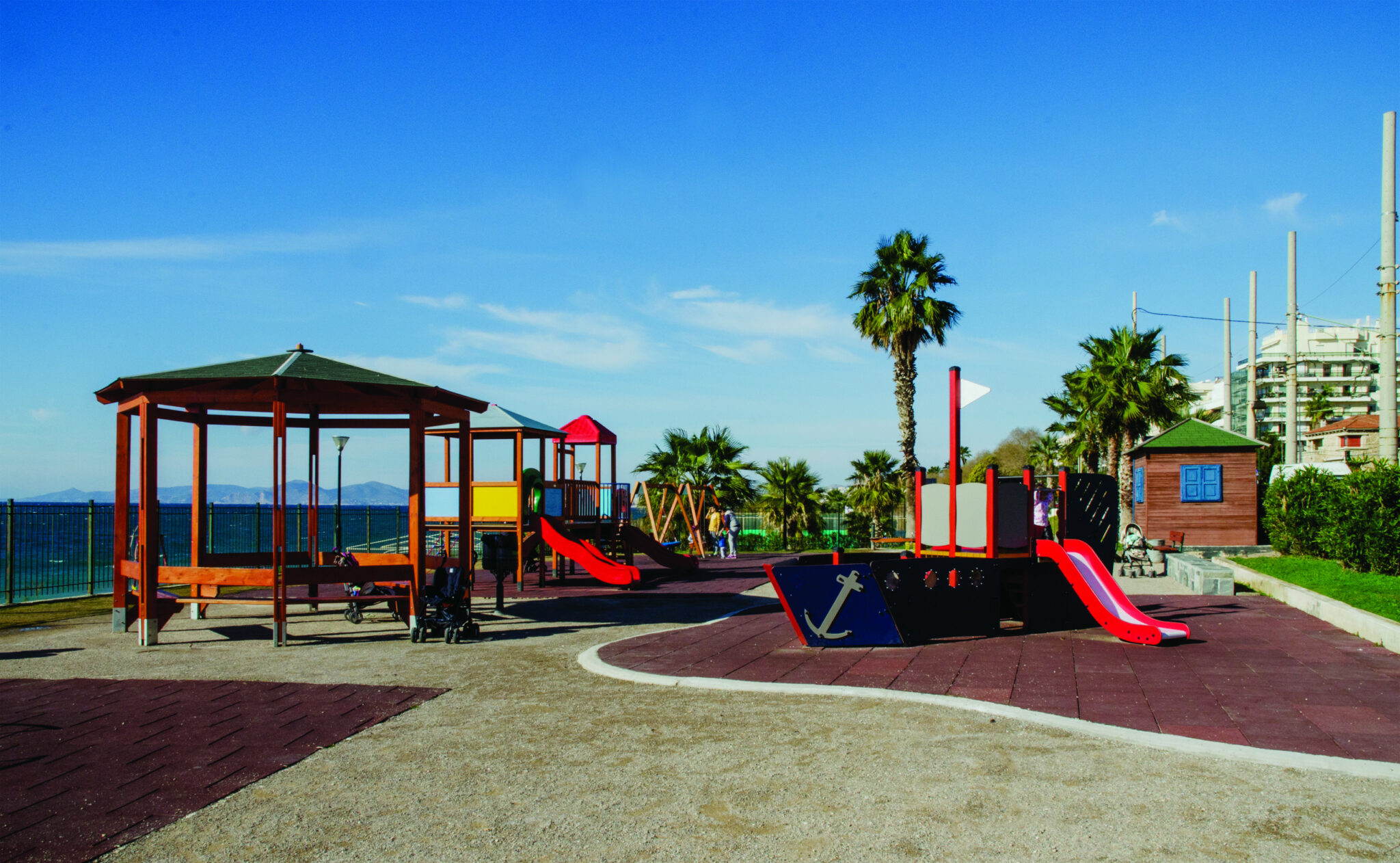
Courtesy: paleofaliro.gr
Address: Flisvos Park, Posidonos Avenue, Palaio Faliro
Goulandris Natural History Museum
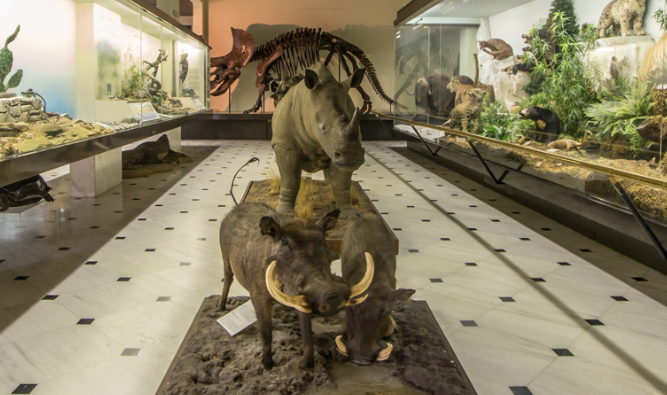
Courtesy: Goulandris Natural History Museum
Address: 13 Levidou, 145 62, Kifisia
February 12 - The City We Love
WWF Initiative Aims To Reduce Food Waste
In collaboration with Unilever Food Solutions, the Greek branch of the World Wide Fund for Nature (WWF) has launched an initiative that aims to reduce food waste at 3 Greek hotels.
The initiative that started in late May involves a detailed daily record of food waste, at Grecotel Cape Sounio, Aquila Rithymna Beach Resort, and the Athens Marriott. Food waste is recorded in terms of food thrown-out during the meal preparation process, leftovers on the buffets and restaurants as well as on guests' plates.
"It was quite shocking when I realized how much waste we had. Almost all the guests only eat half of what they put on their plates, and the rest ends up in the trash," says Sakis Tzanetos, the chef at Grecotel Cape Sounio.
"If the customer understands that this is being done for the sake of sustainability and in respect for all of the things the planet gives us, they may start to appreciate food differently," explains WWF's Vicky Barboka, who's responsible for the program.
The action includes leaving a note for guests on the tables, at the buffets, and elsewhere asking them not to select more than they can eat.
Two years ago, the same program was implemented at 10 American hotels, helping them curb food waste by between 17 and 38 percent.
Today, food production is considered the number one threat to the environment; it uses up 34% of the planet's land and 69 % of its clean water, and is accountable for 24-30 % of greenhouse emissions.
To read this article in full, please visit: ekathimerini.com
To learn more about the actions of WWF Greece, please click here
Jupiter And Saturn Form The So-Called 'Christmas Star' In The Sky
To read this article in full, please visit: cnn.com
Athens Unpacked Episode 1 - Up Above & Down Below
Bestselling writer and former anthropologist, Sofka Zinovieff, embarks on a quest to uncover the true essence of her adopted home, in all its layers and mysteries. Discover how Athenians feel about their own architecture, how tragedy and trauma have flavored the city’s cuisine, why Athens has always been a “15-minute city”, and much, much more.
Produced by Pod.gr, for This is Athens, tune in each fortnight and get ready to capture the seductive soul of Athens!
Thank you This is Athens for your contribution as an XpatAthens Partner.


